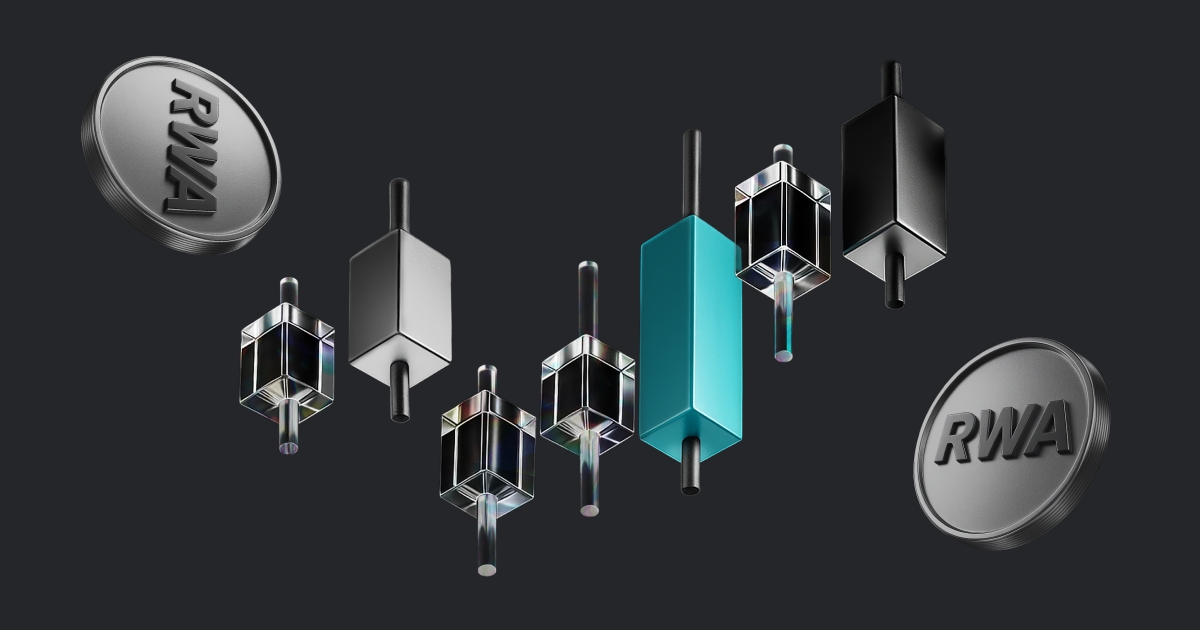In recent years, Nvidia has solidified itself as the clear frontrunner in artificial intelligence (AI). Its graphics processing units (GPUs) have evolved beyond simple hardware, forming the backbone of a highly integrated ecosystem built around the CUDA programming framework.
CUDA revolutionized Nvidia’s chips, transforming them from standardized components into an essential infrastructure platform for AI developers. In essence, anyone aiming to train advanced AI models is likely relying on Nvidia’s combination of hardware and software.

Image source: Getty Images.
Alphabet ( GOOGL 2.39%) ( GOOG 2.47%) is now paving a comparable course in quantum computing. Through a series of calculated steps, the company is establishing itself as a potential Nvidia analogue in the quantum platform space.
Creating a hardware base, like Nvidia’s GPUs
Nvidia’s GPUs were instrumental in enabling the CUDA ecosystem. Alphabet’s efforts on the hardware front focus on its tensor processing units (TPUs) and its work on superconducting quantum processors, such as Willow. Although TPUs are not quantum devices, they showcase Google’s expertise in designing custom chips tailored for increasingly complex computing demands.
The Sycamore processor from Alphabet—demonstrating quantum supremacy in 2019—proved that their methodology for developing quantum hardware was sound. Since then, Alphabet has invested heavily in refining both AI and quantum technology—bringing together top engineering talent and technical know-how to iterate on processor designs until they become practically useful.
Just as Nvidia continues to advance its GPU technology, Alphabet is preparing to roll out new generations of quantum processors, integrating them with proprietary systems and software—essentially assembling a cohesive ecosystem similar to Nvidia’s.
Cirq: Alphabet’s answer to CUDA
Having hardware alone rarely ensures long-term dominance. Nvidia’s lasting edge comes from its powerful synergy between GPUs and CUDA. This duo has created significant user lock-in, making it difficult and costly for developers to switch to competing platforms, even if alternatives require less initial investment. Once developers have optimized their workflows for CUDA, leaving Nvidia’s environment is hardly considered.
Alphabet is taking a parallel approach in quantum computing, though with a unique philosophy. Their equivalent to CUDA is Cirq—an open-source quantum software framework that enables developers to create and run applications on different hardware backends. Unlike CUDA, Cirq does not restrict users to just Google’s hardware. In fact, platforms like Microsoft Azure and IonQ also support Cirq, highlighting its broad compatibility.
Interestingly, this focus on openness could actually reinforce Alphabet’s position. By encouraging a large developer community to master Cirq—even on non-Google hardware—the company ensures that as its own quantum solutions become commercially viable, a vast pool of developers will already be adept with its tools.
Put simply, while Nvidia’s stronghold is built on tight integration, Alphabet is nurturing an ecosystem that prioritizes openness and cooperation—a flexible framework that could prove equally compelling, attracting developers by choice rather than by necessity.
DeepMind: Unlocking greater value potential
Although CUDA has been central to Nvidia’s industry dominance, the company’s achievements ultimately depended on broad developer endorsement and adoption.
Alphabet, in comparison, already owns one of the most advanced AI research organizations—DeepMind. This provides a direct feedback mechanism to test quantum algorithms, improve Cirq, and accelerate breakthroughs with next-generation processors like Willow.
This seamless integration of research, hardware, and software mirrors the Nvidia model that propelled it to the forefront of AI innovation. Nvidia’s ecosystem has led to remarkable revenue growth, improving profit margins, and record-high company valuations.
NVDA Market Cap data by YCharts
Alphabet seems to be using a comparable strategy, but tailored for the era of quantum computing. Rather than a closed system, Alphabet is fostering an open, yet cohesive, ecosystem designed to draw in developers willingly and create a strong network effect around its platform.
For those considering investment, the message is straightforward: as AI tasks become more advanced and quantum computing approaches practical use, Alphabet is well-placed to both drive and profit from this transformation at scale.
For patient investors, Alphabet should be seen not only as a dominant force in today’s tech world, but also as a pioneer leading the next wave of AI innovation. In my view, acquiring and holding Alphabet shares provides a chance to benefit from returns reminiscent of Nvidia’s in the coming years.
